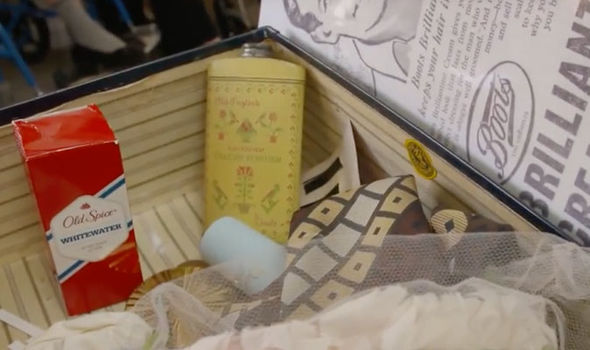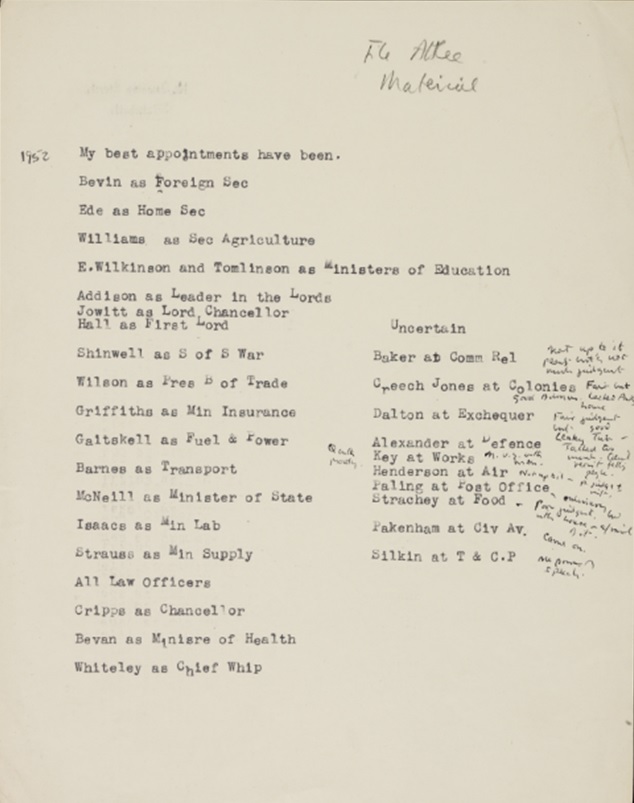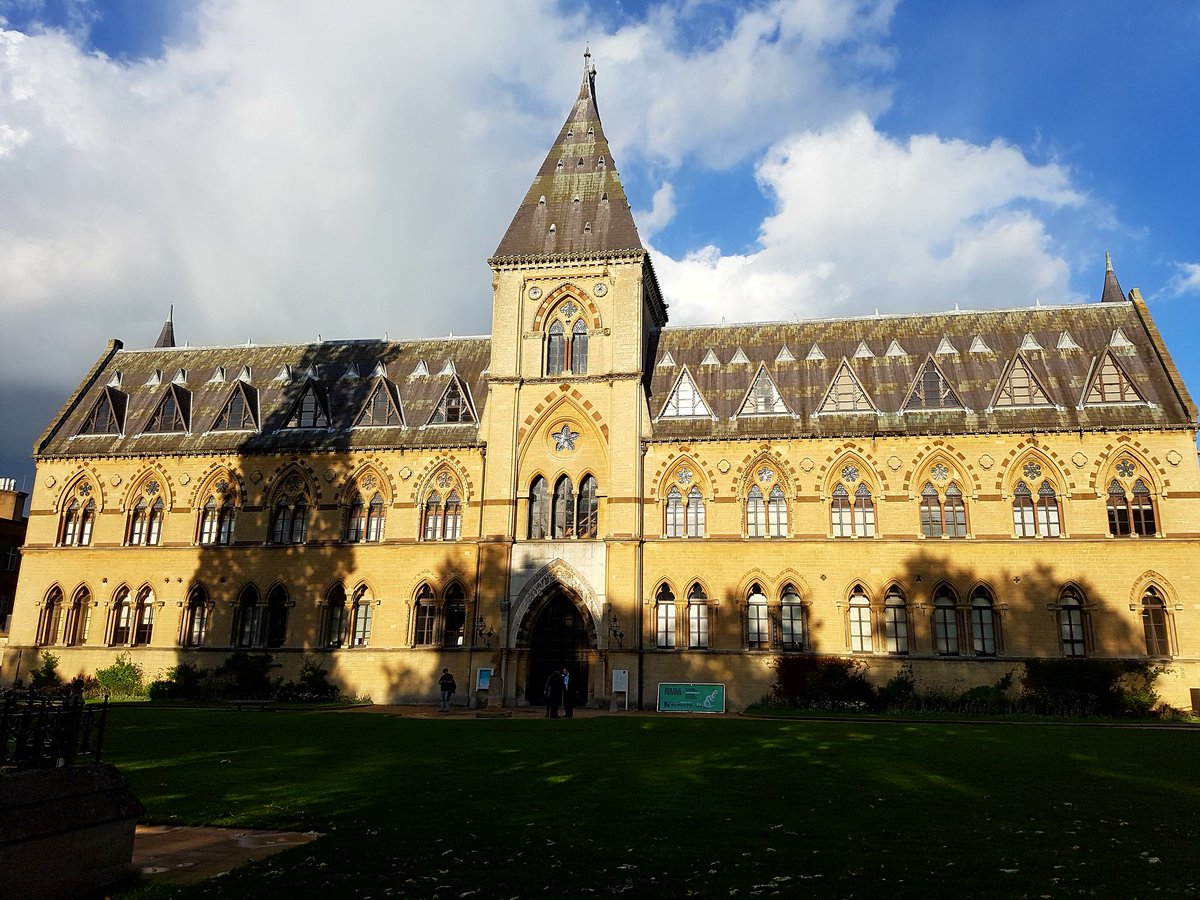It was a real privilege to attend the Digital Preservation Coalition’s workshop, ‘Getting Started with Digital Preservation’ in London on 17th May 2017. As a newcomer to this topic I was eager to learn more, and the workshop definitely didn’t disappoint, providing me with a fantastic insight into the tools recommended for digital preservation, the challenges it presents, and the solutions that can be used to overcome these.
The workshop began with an introduction to digital preservation, defined neatly by Sharon McMeekin (Head of Training and Skills) as the active management of digital content over a period of time to ensure continued access. We learnt about the sorts of features systems should incorporate to allow for continued access to digital content. These included:
• Resilience, standards, and open to testing
• Error checking, compatibility to multi-media, and back-up
• Authenticity checking
As the morning progressed it was interesting to learn more about some of the difficulties that digital preservation presents including:
• Media obsolescence
• Media failure or decay (otherwise known as ‘bit-rot’).
• Natural disaster
• Man-made error
• Malicious damage
• Viruses
• Network failure
• Disassociation
Methods of dealing with these challenges included: storing more than one copy in different geographic locations, refreshing storage media, and integrity checking, also known as ‘fixity checking’ which is the process of checking if a digital file has remained unchanged.
As part of this final solution we also learnt about ‘checksums’ which are like ‘digital fingerprints’ also used to check if the contents of a file have altered.
The DPC also recommended generating a risk register as a further preventative measure to protect digital material against potential hazards. We even had a go at creating our own digital register based on a fictional scenario. This involved recording the:
• Type of risk
• Consequence of risk
• Likelihood of occurrence
• Impact on institution
• Frequency
• Owner
• Response/solution
• New Likelihood of occurrence
As well as safeguarding digital material, we learnt that a risk register has the added benefit of introducing clearer planning within an institution, serving as an advocacy tool, highlighting clearer responsibilities, and benefitting the Digital Asset Register. DPC recommended that institutions use DRAMBORA, a digital repository audit method based on risk assessment which encourages organisations to generate an awareness of their objectives and activities before identifying and managing the risks to their digital collections.
Finally, Digital Asset Registers were recommended as useful tools for digital preservation coordination since they gather all of the digital information into one place and log preservation risks to collections. They also provide intuitions with a finding aid in the absence of other discovery methods and support best practice and advocacy.
The characterisation tool DROID was also mentioned as a useful software application for identifying file formats. Developed by the National Archives, this tool records the number, size, and format of each file in addition to creating a checksum for each.
The workshop was a wonderful opportunity to learn more about digital preservation and meet with other professionals from the same field. I am now really looking forward to undertaking some of my own digital preservation and archiving projects at the Bodleian.




